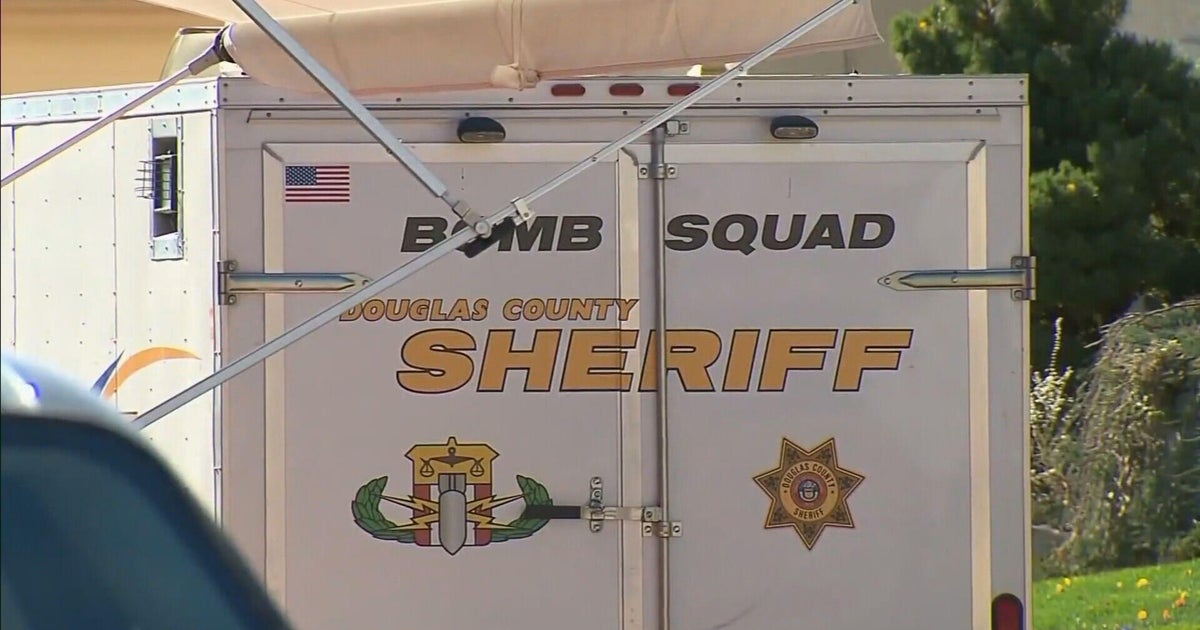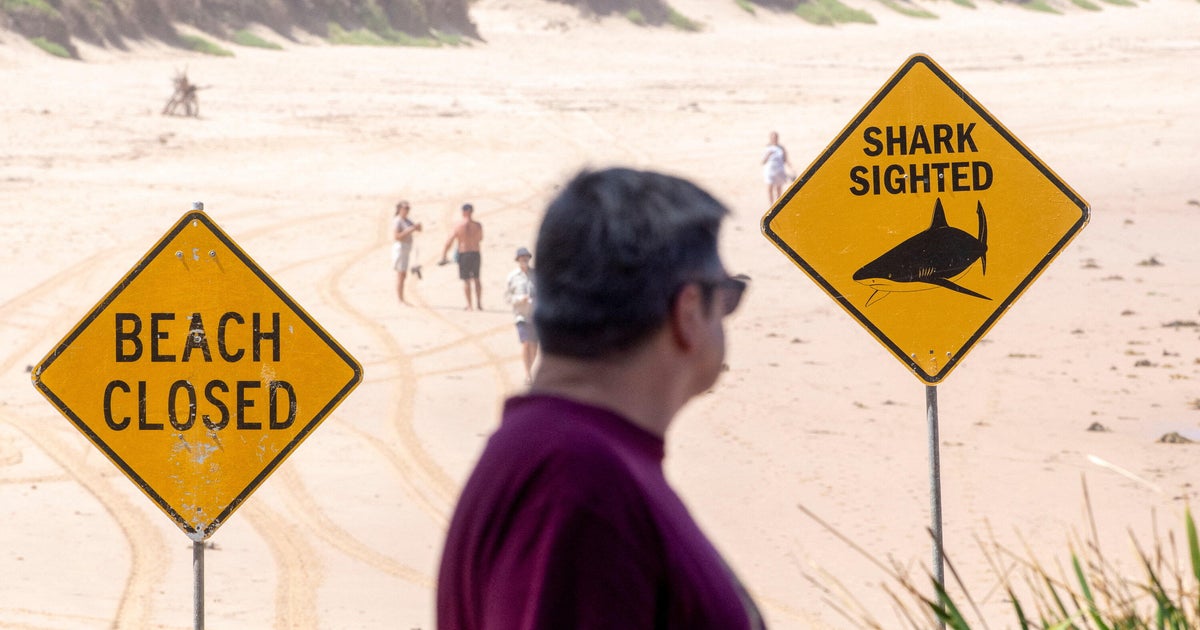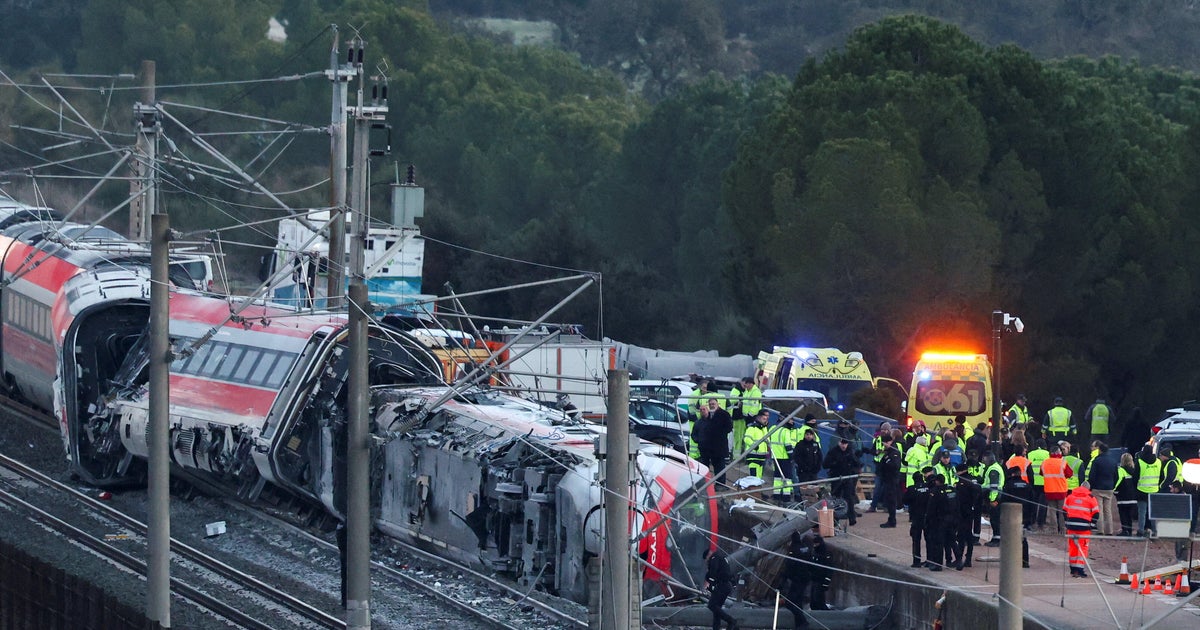Pfizer says trials show its COVID vaccine is "more than 90% effective"
London — U.S. drugmaker Pfizer said Monday that human trials suggest its coronavirus vaccine is 90% effective at preventing COVID-19 infections in people not known to have had the virus already. The pharmaceutical giant said it would be applying for Emergency Use Authorization from the FDA as soon as final data meets safety milestones, which it expects to happen in the third week of November.
"Today is a great day for science and humanity. The first set of results from our Phase 3 COVID-19 vaccine trial provides the initial evidence of our vaccine's ability to prevent COVID-19," Dr. Albert Bourla, Pfizer Chairman and CEO, said in a statement.
"We are reaching this critical milestone in our vaccine development program at a time when the world needs it most with infection rates setting new records, hospitals nearing over-capacity and economies struggling to reopen. With today's news, we are a significant step closer to providing people around the world with a much-needed breakthrough to help bring an end to this global health crisis," he continued.
If approved, the vaccine will require patients to receive two shots, with the second coming 21 days after the first.
"We know it's a two-dose vaccine, so we want to ensure that we can manage the — the delivery of the first dose and ensure the delivery of the second dose — while we simultaneously integrate new rounds of doses being delivered to the American people," General Gus Perna, leader of Operation Warp Speed, the U.S. government's program to inoculate 300 million Americans against the coronavirus by next spring, told "60 Minutes" on Sunday.
Perna said Operation Warp Speed is ready to begin distributing the Pfizer vaccine around the U.S., along with kits of the needles, syringes and alcohol swabs, as soon as it receives federal approval, with doses already stockpiled.
"It's a simple command of, 'Execute,'" he told "60 Minutes."
Pfizer is one of several companies with a vaccine candidate in phase three trials, and it is the only U.S.-based pharmaceutical company to have rejected government funding for the development of its coronavirus vaccine. Bourla said he wanted to shield the pharmaceutical giant from politics.
"I wanted to liberate our scientists from any bureaucracy," he said. "When you get money from someone, that always comes with strings. They want to see how we are going to progress, what type of moves you are going to do. They want reports. I didn't want to have any of that. I wanted them — basically I gave them an open checkbook so that they can worry only about scientific challenges, not anything else. And also, I wanted to keep Pfizer out of politics," he said.
Pfizer did, however, strike a large-scale production and delivery deal with the U.S. government, worth up to $1.95 billion, to secure an initial 100 million doses of its vaccine, following its approval, and the option to purchase 500 million more, according to the Department of Health and Human Services.
There will be some obstacles to delivery. Unlike some of the other vaccines in the works, the Pfizer cocktail needs to be kept very cold.
"We have to make sure that we send that particular vaccine to the right places, that either have that capacity or the ability to do the dry ice — that we'll need in order to keep it cold," Paul Ostroswki, Perna's civilian deputy, told CBS News national security correspondent David Martin for his "60 Minutes" report.
In September, Pfizer CEO Albert Bourla said the company, which has partnered with German biopharmaceuticals firm BioNTech to make the vaccine, was preparing for approval from the federal government and distribution before the end of the year. He said they had already manufactured hundreds of thousands of doses, though he stopped short of predicting when Americans might get access to the vaccine.
Dr. Scott Gottlieb, former commissioner of the Food and Drug Administration and a member of Pfizer's board of directors, cautioned on CBS' "Face the Nation" in September, however, that he did not believe a vaccine would be widely available until 2021.
"This is likely to be a very staged market entry," Gottlieb said. "I think that's what people should expect. But for most people, they will not have access to a vaccine until 2021. I think maybe the first quarter of 2021, probably the first half of 2021. And that's assuming that these vaccines are demonstrated to be safe and effective in these large trials."





